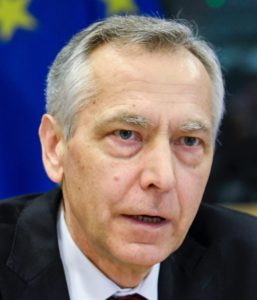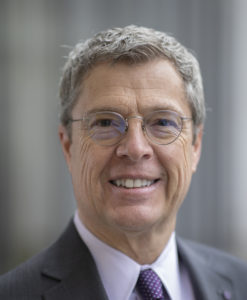COVID-19 Crisis, Human Dignity and Freedom of Religion or Belief

Ján Figeľ was nominated in May 2016 by the European Commission as the first Special Envoy for promotion of freedom of religion or belief (FoRB) outside the European Union. He was European Commissioner for Education, Training & Culture and State Secretary of the Ministry of Foreign Affairs and was the Chief Negotiator for Slovakia’s accession into the EU.
The theme I wish to explore briefly is the relation between human dignity, religious freedom and current corona virus pandemic. Evidently, medical situation in the world is critical in many countries. It will take time and make serious impact on economies, on social situation and on human, interpersonal and international relations. Our world will change.
Each crisis in history left repetitive lesson: We can get out of crisis to the new perspective or fall even more deeply into problems, conflicts and tragedy. Second lesson is that (only) two fundamental components and inputs are decisive to get out of any crisis: Common sense (sound reason) and living conscience (ethics of responsibility). (more…)

